As Muslims, we are aware that the month of Ramadan has numerous benefits for us adults that can be inculcated in our children as well. As a mother of four, I have taken advantage of this month to educate my children on some important values of Islam. Throughout the month of Ramadan, we are not only reminded of Allah (subhanahu wa taala) and Islamic values but we are also more driven to practice the said values.
This month surrounds us with a feeling of peace and tranquility. Which is why it is the perfect time to pass the treasures of Islam to our children. Through our fast we teach our children the obligation that was also performed by the people before us. This action paves an opportunity for discussion about the importance of Ramadan itself and all its blessings.
Ramadan blesses us with rich experiences from refraining ourselves from eating, drinking, and feeding our nafs (desires); from sunrise till sunset to praying all throughout the night, plus everything else in between.
Through it all, we are able refresh our Iman (Faith). The act of fasting alone embodies so much of what Islam teaches us about. Here are the top 5 daily lessons to take away from the month of Ramadan:
Importance of Ibadah
Throughout the year, our levels of Iman are on a roller coaster constantly going up and down. Ramadan reminds us how good it feels to be connected to Allah (swt). For 29-30 days our only goal and focus is to make the most out of the barakah that comes only with Ramadan.
We are high on wanting to be the best Muslims that we can be during Ramadan. Hence, one of the reasons that make it the perfect time to teach our children the wonderful jewels of Islam.
Children for the most part are copy-cats. Which is why seeing us, their parents, running towards salah or constantly reading Qur’an during our free time makes them want to do it as well. Through leading by example and showing our kids the importance of Ibadah (worship), we instill within them the same love that we have for it.
Our children, especially the young ones, only know what is done around them and what they see done by those they look up to. So, them seeing our actions in addition to our words emphasizes that Ibadah, big or small, is an important part of a Muslim’s life. Through this, in shaa Allah, our children will not just copy what we do unmindfully but are motivated to please Allah (swt), because they know its importance. Because in shaa Allah they remember that Allah responds to those who call upon Him.

The Practice of Gratitude
We are blessed with so much. Which is why gratefulness is one of the biggest lessons that Ramadan teaches us. This month shines a light on all that we have. From the roof over our head, the clothes on our back, to the overflowing food we have on our table.
The simple act of fasting and the feeling of hunger that we experience with it, helps put our lives into perspective. Having our children fast, even for just a couple of hours a day, teaches them the value of food and drink. As well as the value of all that they have which not once have they had to worry about. This experience gives them a small glimpse into the lives of those living in poverty and are unsure of when their next meal is coming.
Not only that, through the experience of fasting, we can emphasize to our kids how they should be more grateful with what they have rather than being frustrated with what they don’t. The experience of fasting no matter how small, becomes a reminder that one should be grateful because things could easily be taken away.
Ramadan also acts as a reminder for adults. A wake up call if you wish. Throughout this month, Allah helps us see how we are able to survive on so little. We see this when we miss suhoor and end up fasting a whole day having eaten or drink nothing. Or when we become full after breaking our fast with just three dates and a bottle of water.
What we experience, helps us remember to live simpler lives and not to take things for granted. It reminds us to practice gratitude and to always remember Allah in what we do. The month of Ramadan teaches us that Allah (swt) is the all merciful and the all giving. Which is why we should always give thanks, for all that we have.
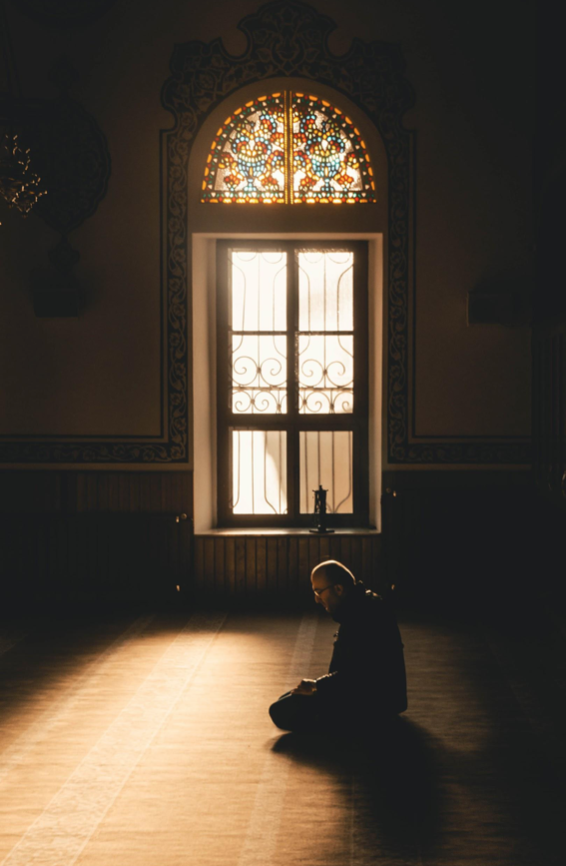
Sense of Community
One of the most amazing things about Ramadan is its ability to bring together anyone and everyone. Our Ummah is in unity during this month. Despite the quarantine or lockdown situation due to the pandemic brought by Corona virus, we still succeeded in maintaining connections as an Ummah.
Although, no gathering beyond immediate family members in the same household, we as community was still able to share food for iftar, check one another through technology, and attended halaqas online — the sense of community was still present during this month.
The help to the needy was still extended. In our household I made sure my children know and understood that we have to help when there’s an opportunity. In our case, we sent some iftar money to our family and friends in the Philippines, who are financially affected by the pandemic. Our sadaqa was also intended to be sent there.
Al-Nu’man ibn Bashir reported: The Messenger of Allah, peace and blessings be upon him, said, “The parable of the believers in their affection, mercy, and compassion for each other is that of a body. When any limb aches, the whole body reacts with sleeplessness and fever.” (Ṣaḥīḥ al-Bukhārī 5665, Ṣaḥīḥ Muslim 2586)
This month, we showed the children the sense of community even not physically but through other means, alhamdulillah. It is important for our kids to understand that as Muslims, we don’t just go about our own lives without checking our family – near and far – as well as our Muslim community.
According to the Prophet Muhammad (saw) “The similitude of believers in regard to mutual love, affection, and fellow-feeling is that of one body; when any limb of it aches, the whole body aches, because of sleeplessness and fever.” (Sahih Muslim)
Through the joy we get in helping our family members we hope that our children learn and follow the path of giving sadaqa and helping others, in shaa Allah. This is, I hope will be among the memories that our children will remember.
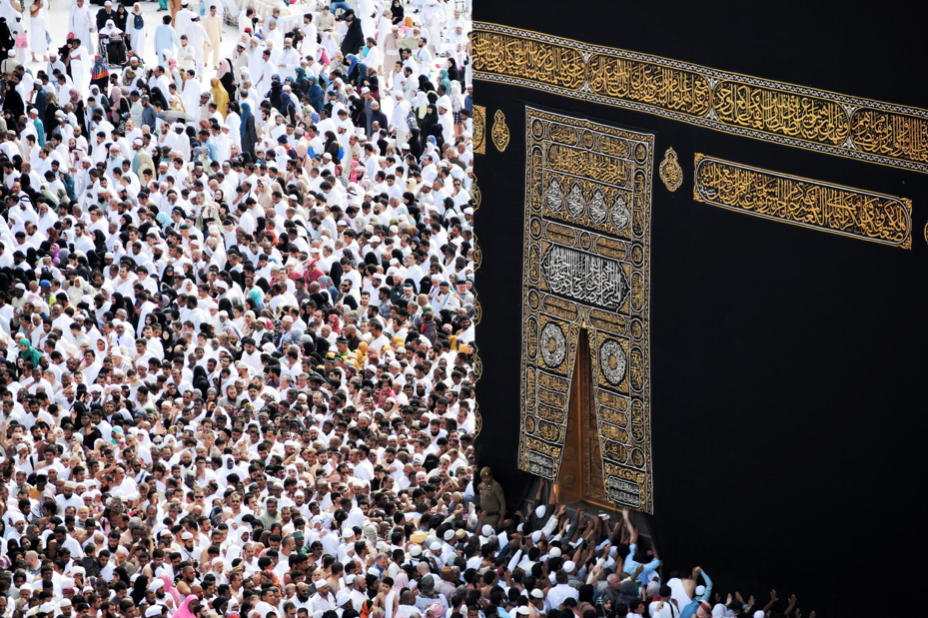
Practicing Patience
Patience is the one thing that we all could use a little bit more of. The practice of patience has been embedded into the essence of Ramadan. Spending most, if not all day fasting has taught us this. Being patient doesn’t just translate into being more understanding with our children. But it also means being content of what you have.
One of the hardest things about fasting is the long hours that we go without food. Going without food or drink causes us to have less energy. Which in turn makes it harder for us to control our mood. But, fasting teaches us to practice patience. That’s why we are told to refrain from being angry and from wasting our time on things that don’t benefit us.
For our kids, especially those who are fasting for the first time, the long hours can be hard. More often than not, they will spend their day counting down the hours till Maghrib. Just waiting for the moment when they can eat again. This is an opportunity to teach them to navigate the day through patience. Remind them the virtues of patience. Emphasize the many Ayat in the Qur’an that mention about the importance of patient, among these is:
“Except those who show patience and do righteous good deeds: those, theirs will be forgiveness and a great reward (Paradise)”
[Hud 11:11]

Time Management
During Ramadan, we spend our days fasting – refraining from food, drink, and our nafs.
At night, we spend our time practicing Ibadah, taking advantage of the blessings of Ramadan. This means that we are left with only the daytime hours to accomplish what we need to do. Which can be hard, especially if we only go to sleep after praying fajr salah.
If there is one thing that fasting during Ramadan has taught me, it’s that we are able to accomplish a lot more than we think we can. Just the simple fact that as Muslims we are able to fast between 10-22 hours out of the day for an entire month is amazing. Add to the fact that the rest of the time afterwards we dedicate to worshipping Allah shows us how resilient and capable we are of accomplishing anything. Especially, when we manage our time wisely.
Ramadan causes us to think carefully about how we spend our time. It allows us to see truly how precious time is and how quickly it passes. As parents, it is our job to make sure that our kids are aware of this. The best way to teach them this is through routines and consistency. Ramadan provides us this. Which is why it is the perfect time to build good habits such as reading the Quran everyday and breaking bad habits such as spending too much time on electronics.
It takes 21 days to build a habit. Meaning we have more than enough time to do so during Ramadan. But, the trick is this, make the habit building process a family activity. Have each member choose a habit they wish to build and form a routine around it. That way not only do you spend Ramadan wisely but it allows you to be better off in the long run, in shaa Allah.
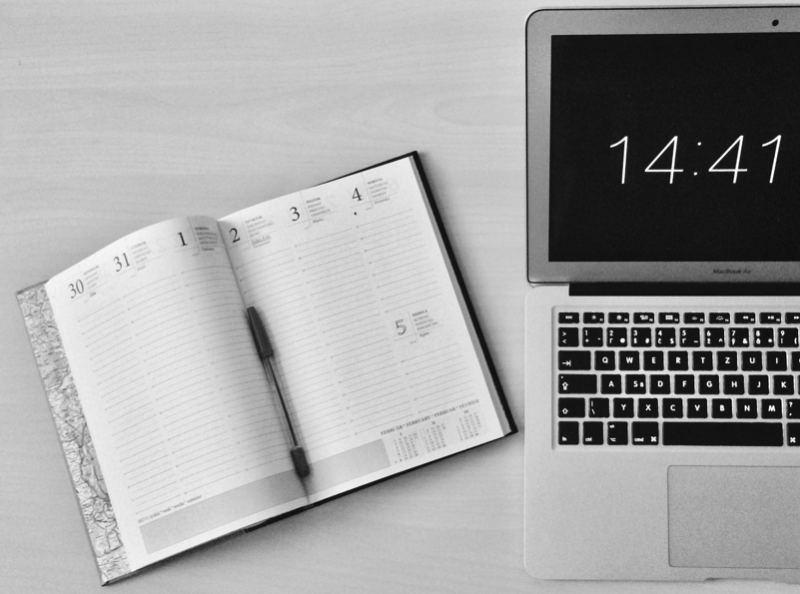
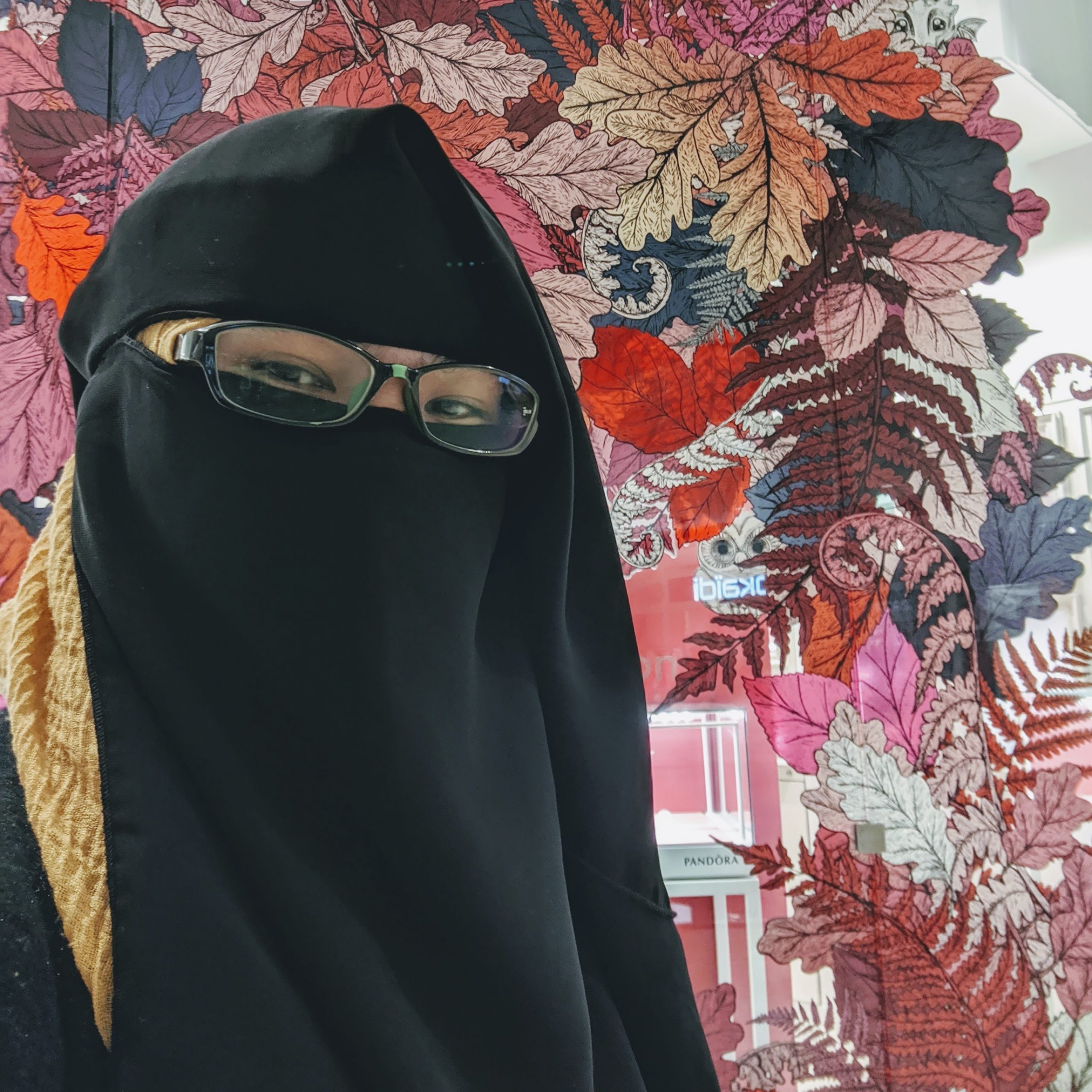
Author Bio
Harija Riza “Khadeejah” Khamal is a former journalist who chose to stay at home to raise her family.
She chooses to be visible online to break the stereotypes about niqabis being uneducated or backwards. Presently, she is busy as a freelance writer, translator, and social media manager among other things.
A mother of 4, Khadeejah, also blogs at www.rizakhamal.com. She currently lives in London, Ontario.

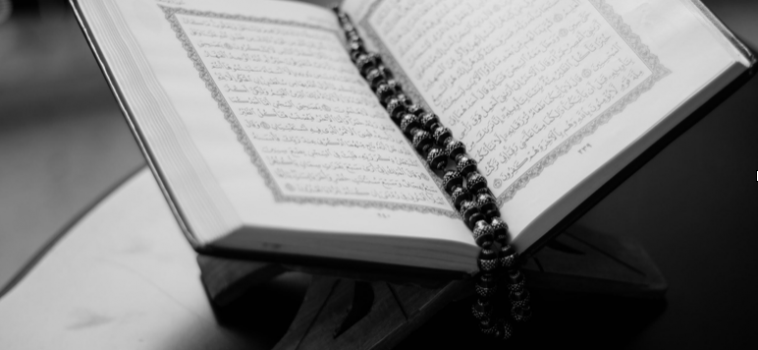
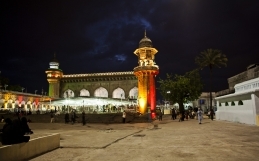
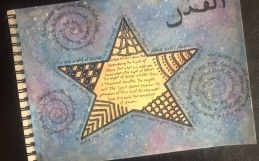

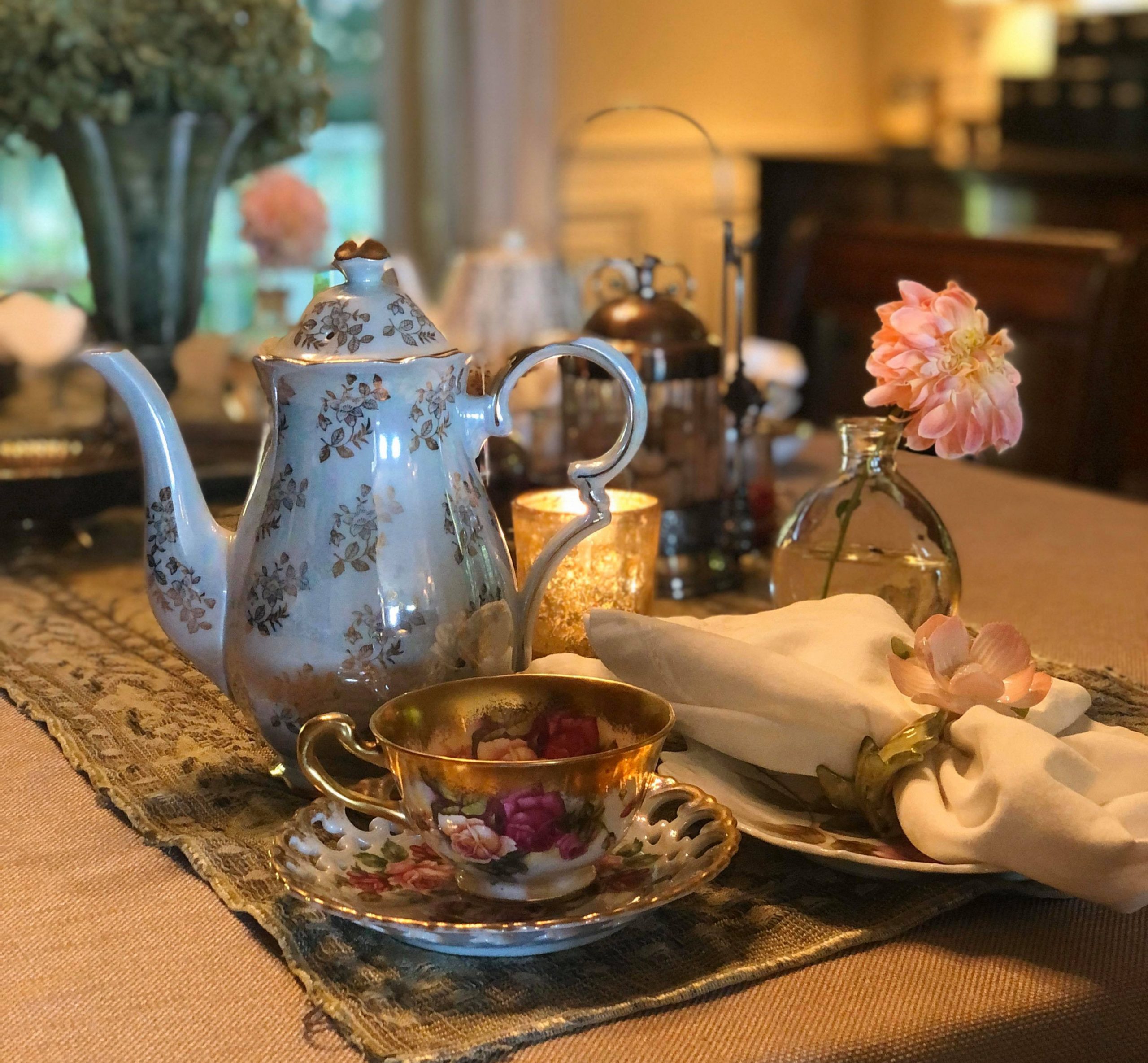

During Ramadan, we spend our days fasting – refraining from food, drink, and our nafs.
At night, we spend our time practicing Ibadah, taking advantage of the blessings of Ramadan.
Patience is the one thing that we all could use a little bit more of.
This topic is very good.. And You are doing the Perfect work Mashallah
Hammad Khan recently posted…The Battle of Uhud and how it impacted the Muslims
Gratitude is so important. We find it easy to focus on the things that may go wrong in our eyes but 1) we cant see the full wisdome behind it and 2) Theres countless things that are going right to be grateful for!
Can’t wait for next ramadan!Time flies!
Sisters Quran Class recently posted…99 Names of Allah – Name 1